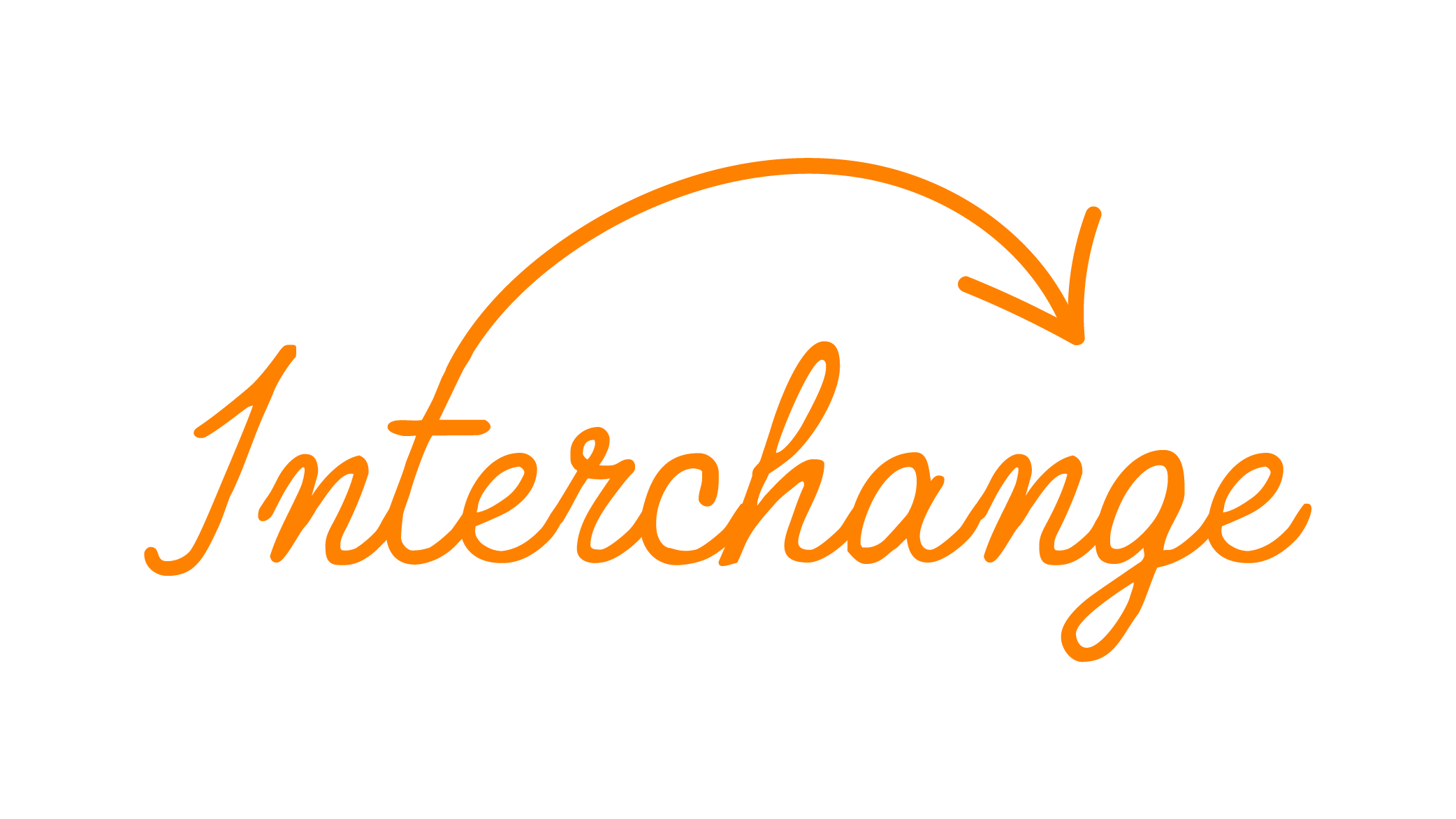In our fast-paced world, taking a moment for introspection can be both a rare and invaluable gift. Whether you seek clarity, personal growth, or a deeper understanding of yourself, both journaling and psychometric assessments offer powerful tools to achieve these goals. Let’s explore how these practices can enrich your life and how to effectively incorporate them into your routine.
The Transformative Power of Journaling
1. Cultivate Self-Awareness
Journaling is a reflective practice that allows you to engage deeply with your thoughts and emotions. By consistently writing about your experiences and feelings, you gain valuable insights into your inner world. This enhanced self-awareness can reveal underlying motivations, strengths, and areas for growth, paving the way for personal development.
2. Manage Stress
Writing in a journal serves as a therapeutic outlet, helping you process and alleviate stress. Articulating your concerns and reflecting on your experiences can provide relief from daily pressures, offering a sense of calm and emotional equilibrium.
3. Clarify Your Goals
Journaling helps organise your thoughts, making it easier to set and pursue your goals. By outlining your aspirations and tracking your progress, you maintain focus and motivation, turning your ambitions into actionable steps.
4. Foster Creativity
A journal is more than a record of events; it’s a space for creative exploration. Whether you’re crafting stories, sketching ideas, or reflecting on inspiration, journaling nurtures your creative spirit and encourages innovative thinking.
5. Achieve Your Objectives
Documenting your goals in a journal makes them tangible and actionable. Regular entries allow you to track progress and stay accountable, turning your dreams into achievable milestones.
Getting Started with Journaling
1. Select Your Journal
Choose a format that resonates with you, whether it’s a classic notebook, a sleek digital app, or a beautifully designed journal. The key is to select a medium that inspires you to write.
2. Establish a Routine
Set aside dedicated time for journaling, whether it’s in the morning to set intentions or in the evening for reflection. Consistency is essential to making journaling a rewarding practice.
3. Write Authentically
Focus on honest and open expression rather than perfection. Write about your thoughts, experiences, or anything that occupies your mind. Allow your writing to flow naturally.
4. Utilize Prompts
If you’re unsure where to begin, journaling prompts can provide direction. Questions such as “What am I grateful for today?” or “How did I overcome today’s challenges?” can spark meaningful reflection.
5. Reflect Regularly
Periodically review your past entries to gain insights into your progress and growth. This reflection can highlight recurring themes and celebrate your journey.
6. Embrace the Process
Approach journaling with kindness and openness. It’s a personal journey, and there is no right or wrong way to do it. Allow your practice to evolve in a way that feels right for you.
The Insightful Path of Psychometric Assessments
Understanding oneself involves a comprehensive exploration of personal strengths, weaknesses, values, and thought patterns. Psychometric assessments provide a scientific approach to self-discovery, offering profound insights into your personality and cognitive traits. These assessments are instrumental for meaningful growth and development.
1. Gain Deeper Insights
Psychometric assessments reveal the intricacies of your personality and cognitive functions. They offer a structured way to understand your unique traits and how they influence your behaviour and decisions.
2. Enhance Career Perspectives
By uncovering your strengths and areas for development, these assessments can guide you in making informed career choices. They help align your professional path with your intrinsic abilities and preferences.
3. Strengthen Relationships
Understanding your own traits and those of others can improve interpersonal dynamics. Psychometric insights facilitate better communication and empathy, fostering more meaningful and effective relationships.
4. Boost Self-Awareness
These assessments provide valuable feedback on your thought patterns and behaviours. Increased self-awareness enables you to make informed decisions and embrace personal growth opportunities.
5. Support Personal Development
Utilise the findings from psychometric assessments to set realistic goals and develop strategies for self-improvement. This proactive approach can enhance various aspects of your life, from career to personal relationships.
Incorporating journaling and psychometric assessments into your life offers a dual approach to personal development. Journaling provides a creative and reflective space for exploring your thoughts and emotions, while psychometric assessments offer a scientific lens to understand your unique traits. Together, they pave the way for a richer understanding of yourself and a more fulfilling life journey.

Thank you for visiting Interchange.
Marita Booysen


